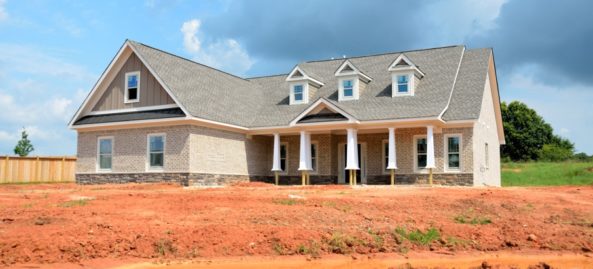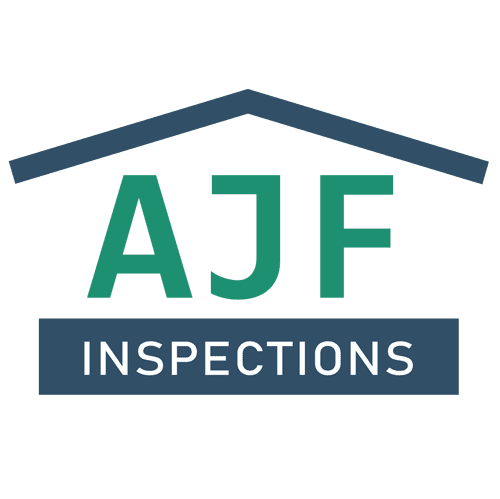
New Home Advice from Experienced Home Inspectors
Building a new home is an opportunity for buyers to create their dream home. Buyers spend hours thinking about the design, contemplating every finish/detail and visiting the new home site on numerous occasions: However, how can the buyer determine if the home is properly constructed and the home’s systems and components are functional? To offer peace of mind and to mitigate costly issues after moving in, we recommend the following new home construction inspections:
A pre-drywall inspection is completed once the foundation, framing, and rough mechanical, electrical and plumbing are completed. The “guts” of the home are visible for inspection prior to installing the insulation and drywall, which allows defects to be identified and repaired before they’re hidden behind walls.
A final inspection once the home is completed and all utilities are turned on. The final inspection is like a home inspection on an existing home and includes the structure, roofing, attic, electrical, plumbing, water heater, A/C, etc. to ensure that all major systems and components are functioning as intended.
A one-year warranty inspection completed just prior to the expiration of the builder’s one year warranty. Defects will be identified so that the builder can correct at no cost to the buyer.
In addition to these inspections, there are important myths to dispel associated with new home construction and will provide buyers the opportunity to make informed decisions:
Myth: I don’t need an inspection because the builder offers a comprehensive new home warranty.
Builders typically offer 1, 2, or sometimes 10-year warranties. The builder will only correct the deficiencies that you identify. Cosmetic issues are easy for the buyer to identify during the builder walkthrough. However, more important defects will require a more comprehensive inspection by a knowledgeable and experienced professional. For example, we have found entire sections of the roof without roof tiles installed, no attic insulation, no attic ventilation openings, roof trusses that were installed backwards, improperly wired electrical outlets, and many more.
Myth: I don’t need an inspection because the city issued a Certificate of Occupancy, which certifies that the home is properly constructed, and all systems are in working order.
While the city code inspectors are a necessary and vital part of the new home construction process, they spend very little time at each inspection (typically less than 15 minutes). Also, they do not carry ladders and are prohibited from going on the roof or entering the attic due to insurance requirements. In addition, they don’t carry electrical testers and depending on their background and experience, they may not be knowledgeable about all the home’s systems and components. The city’s emphasis is on code compliance, while the home inspector examines whether the systems are correctly installed and functional.
Myth: I don’t need an inspection because I am building an expensive custom home using a reputable builder with higher quality components than a production home.
Large custom homes can have more defects than smaller production homes, despite quality materials and a reputable builder. Production homes are typically constructed from a small number of plans, using the same contractors for the entire development. The production builder and contractors can work out any ‘bugs’ as they complete each type of home and floor plan. In contrast, custom homes are one of a kind. Although they may use higher quality materials, they can have more water heaters, air conditioning systems, heating systems, electrical circuits, etc. which means more potential problems. In addition, a custom builder may charge or use sub-contractors because their bids are very low, or they were not happy with their previous sub-contractors.
Unfortunately, if a buyer neglects to have inspections completed on their new home, they may encounter costly issues down the road after the builder’s warranty has expired, or they will have to repair defects identified by the buyer’s home inspection, when they go to sell their home. Many builders work hard to deliver a quality product and major construction errors are not the norm in the industry. However, a professional home inspection is a small price to pay to help reduce the risk that your home is the one exception.
